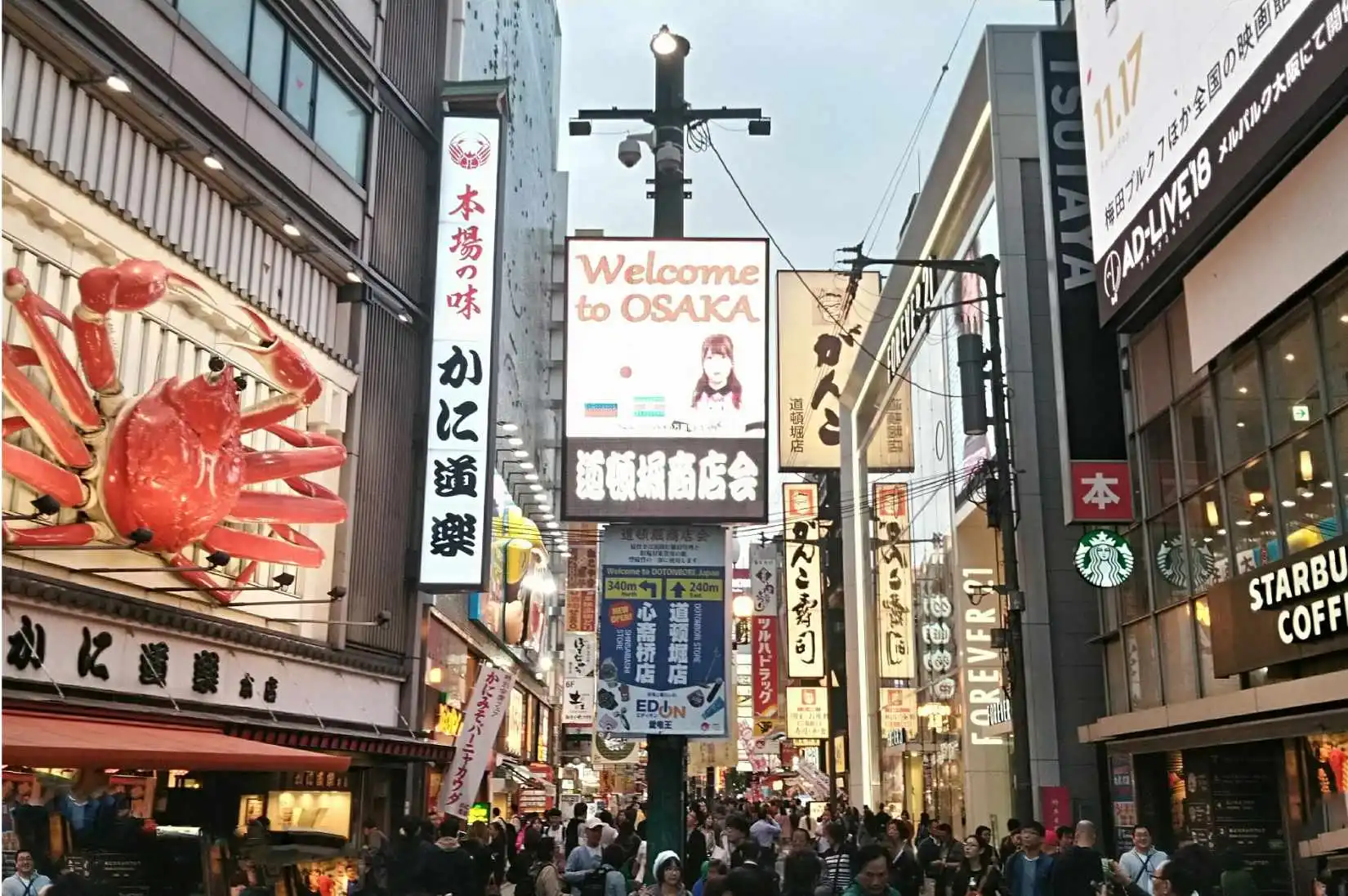Asia Travel Tips: Keeping Yourself Healthy and Infection-Free
Packing your bags for an unforgettable adventure in Asia? While you're busy mapping out your itinerary and dreaming of delicious street food, it's important to prioritize your health.
- Entrefemme
- May 14, 2025
- 0 Comments
- 2454 Views
Traveling to a new region can expose you to germs, and respiratory infections can damage your dream vacation. But fear not! This article will guide you to stay healthy and infection-free during your Asian adventure. We'll explore simple yet effective tips on hygiene, staying hydrated, and boosting your immune system. Get ready to travel smart, stay healthy, and breathe easy as you explore the wonders of Asia!
Respiratory infections pose a significant health concern across Asia's vast and diverse continent. From bustling megacities to rural villages, these infections can disrupt daily life, strain healthcare systems, and impact overall well-being. However, the good news is that understanding the "code" of respiratory health can significantly reduce the risk of infection.
I. Understanding the Threats
Asia is home to a variety of respiratory viruses and bacteria. Some common culprits include:
- Influenza (Flu): This highly contagious viral infection causes fever, cough, sore throat, and muscle aches.
- Respiratory Syncytial Virus (RSV): This virus can cause mild cold-like symptoms or more severe respiratory problems, especially in infants and young children.
- Tuberculosis (TB): This bacterial infection primarily affects the lungs and can be life-threatening if left untreated.
- Air Pollution: High levels of air pollution, prevalent in many Asian cities, can exacerbate respiratory problems.
II. Cracking the Code: Preventive Measures
By implementing these practices, you can significantly reduce your risk of respiratory infections:
- Vaccinations: Stay up-to-date on vaccinations for influenza and other preventable respiratory illnesses. Consult your doctor for a personalized vaccination schedule.
- Frequent Handwashing: This simple yet effective method helps prevent the spread of germs. Wash your hands thoroughly with soap and water for at least 20 seconds, especially after using the restroom, before eating, and after being in public places.
- Respiratory Hygiene: Cover your mouth and nose with a tissue when coughing or sneezing. Dispose of used tissues properly, and wash your hands immediately afterward.
- Social Distancing: When someone around you is sick, maintain a safe distance to minimize exposure to respiratory droplets.
- Strengthen Your Immune System: Eat healthy fruits, vegetables, and whole grains diet. Ensure adequate sleep and manage stress levels, as these factors contribute to a robust immune system.
- Air Quality Awareness: Monitor air quality reports and limit outdoor exposure when pollution levels are high. If venturing outside during periods of high pollution, consider wearing an N95 mask.
III. Building Community Resilience
Individual efforts are crucial, but a community-wide approach is vital for long-term success. Initiatives such as promoting proper hygiene practices in schools and public spaces, ensuring access to clean water and sanitation facilities, and investing in robust healthcare systems are essential for effectively preventing and managing respiratory infections.

 | Unlock Success with Our Guide
| Unlock Success with Our Guide



0 Comments